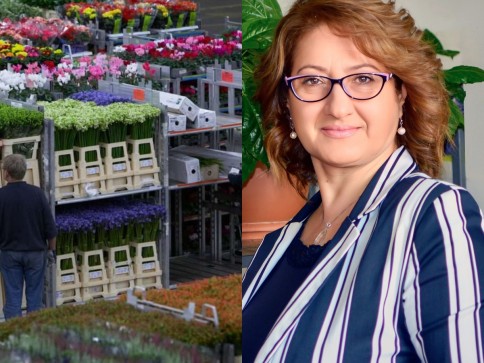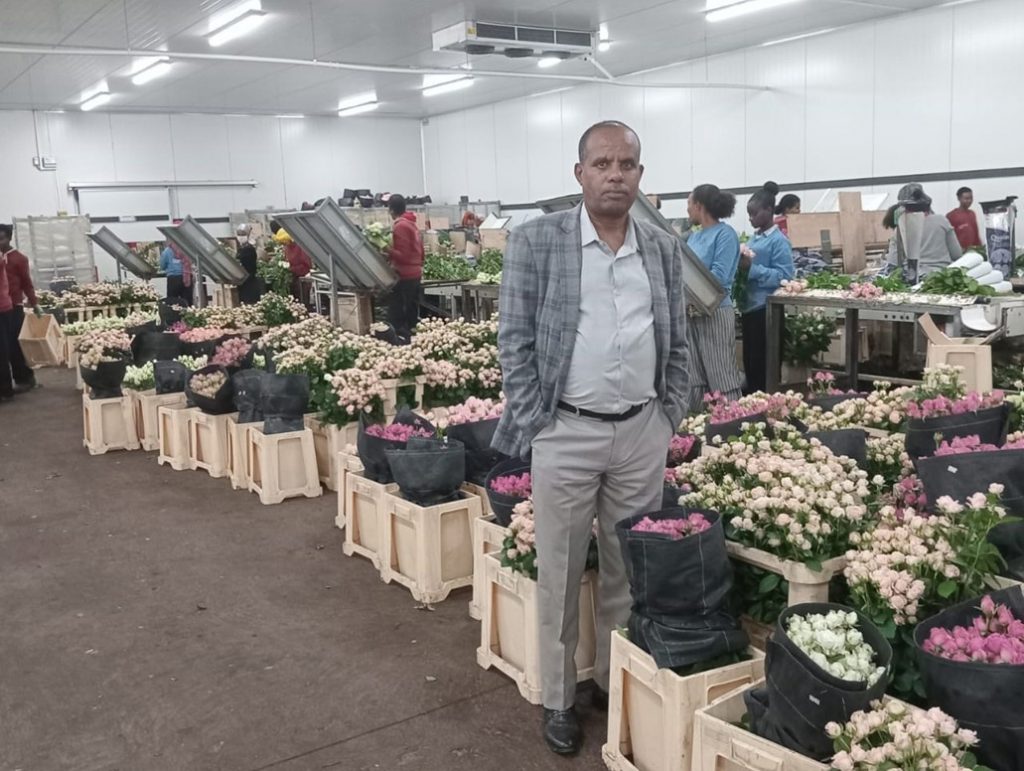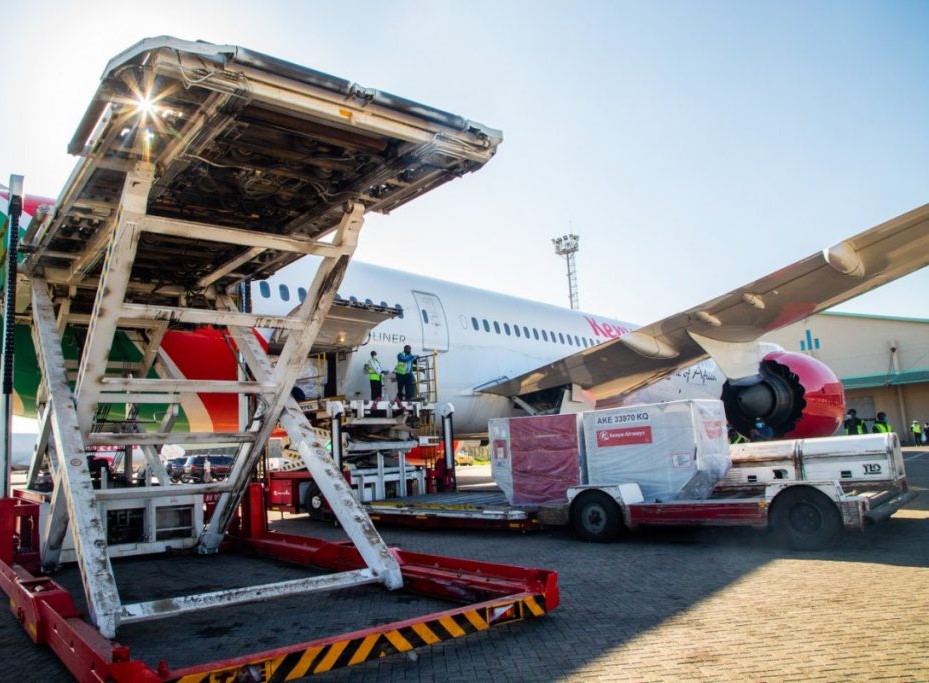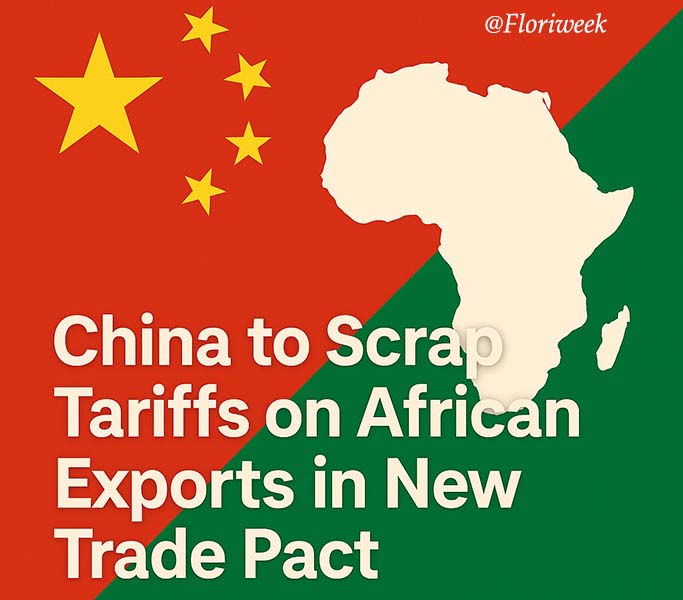Floriweek
Although Thrips may appear delicate due to their small size, they are significant threats within greenhouse environments. Growers face limited options regarding acceptable and effective…
Russia is contemplating the implementation of restrictions on flower imports from Armenia due to pest-related concerns. The Federal Service Rosselkhoznadzor of Russia has announced the…
As we celebrate our 45th anniversary, we are pleased to announce a significant strategic initiative. Effective June 3, we started our operations as Plants &…
A shipment comprising 188,000 flowers left Ethiopia sailing en route to Valencia, Spain. In recent years, maritime transport has been increasingly recognized as a viable…
Introduction: Botrytis cinerea, also known as grey mold, infects a wide variety of flowers. Some flowers are more prone to botrytis infection than others. Roses…
Kenya’s flower industry is suffocating under a cargo crisis. Sky-high freight rates, dumped harvests, and blocked export routes are squeezing growers, with revenues already down…
Strong shilling and Red Sea crisis blamed for Q1 2025 decline Kenya’s horticulture sector recorded a dip in export earnings in the first quarter of…
Global logistics firm Kuehne+Nagel has expanded its footprint in East Africa with the opening of a new office in Nairobi, Kenya. The move is part…
Bʏ Mᴀʀʏ Mᴡᴇɴᴅᴇ, If you’re new to this business, welcome, but here’s what no one puts in the handbooks. Not every market you’re chasing will…
China has announced plans to eliminate all tariffs on exports from African countries it holds diplomatic relations with, a move aimed at strengthening trade ties…
Tanzania is charting a bold course for its horticulture industry, with a new target to hit $2 billion in fruit and vegetable exports by 2030…
Bʏ Mᴀʀʏ Mᴡᴇɴᴅᴇ, Kenya’s avocado sector continues to command global attention, and this year’s Avocado Africa Expo 2025 was no exception. Among the notable innovations…
By Mᴀʀʏ Mᴡᴇɴᴅᴇ, For years now, we’ve talked about sea freight like it’s the magic fix for Kenya’s flower exports. Trials have been done. Containers…












